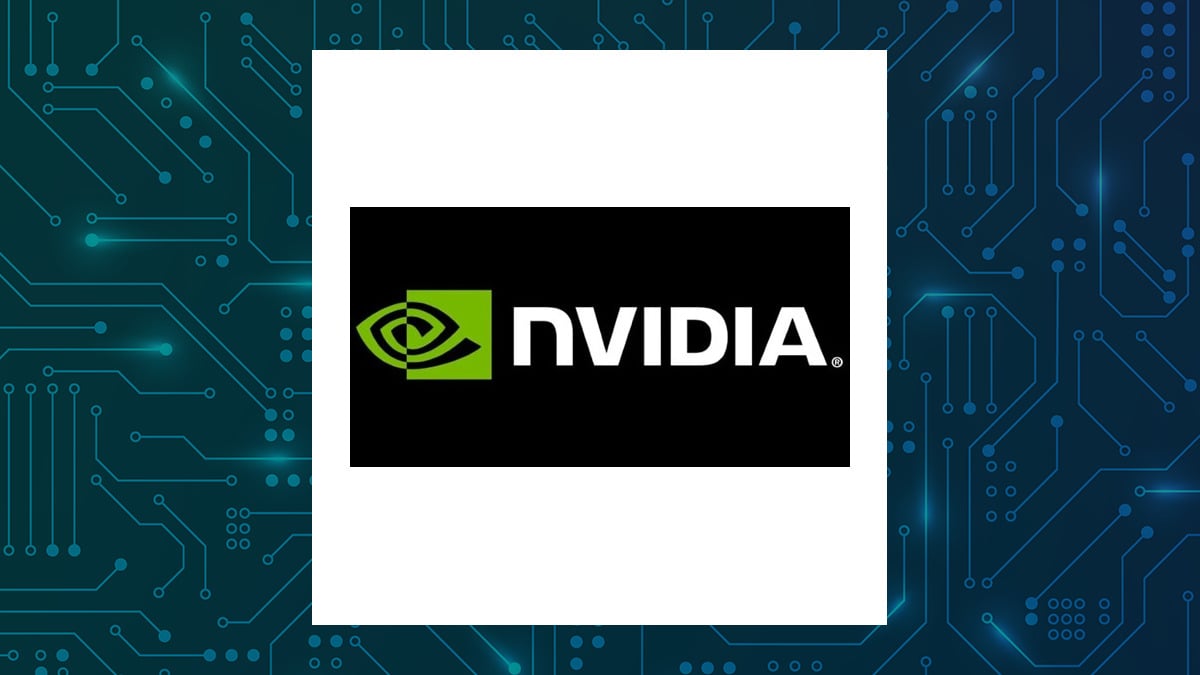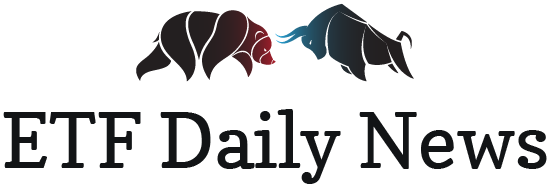 Campbell Newman Asset Management Inc. raised its position in shares of NVIDIA Co. (NASDAQ:NVDA – Free Report) by 0.6% in the fourth quarter, according to its most recent Form 13F filing with the Securities and Exchange Commission (SEC). The firm owned 2,991 shares of the computer hardware maker’s stock after acquiring an additional 18 shares during the period. Campbell Newman Asset Management Inc.’s holdings in NVIDIA were worth $1,481,000 as of its most recent SEC filing.
Campbell Newman Asset Management Inc. raised its position in shares of NVIDIA Co. (NASDAQ:NVDA – Free Report) by 0.6% in the fourth quarter, according to its most recent Form 13F filing with the Securities and Exchange Commission (SEC). The firm owned 2,991 shares of the computer hardware maker’s stock after acquiring an additional 18 shares during the period. Campbell Newman Asset Management Inc.’s holdings in NVIDIA were worth $1,481,000 as of its most recent SEC filing.
A number of other large investors have also made changes to their positions in the stock. LFA Lugano Financial Advisors SA bought a new position in NVIDIA during the fourth quarter worth about $28,000. Peoples Financial Services CORP. bought a new position in NVIDIA during the third quarter worth about $30,000. Your Advocates Ltd. LLP bought a new position in NVIDIA during the third quarter worth about $30,000. Quarry LP bought a new position in NVIDIA during the first quarter worth about $34,000. Finally, Compass Wealth Management LLC bought a new position in NVIDIA during the fourth quarter worth about $39,000. Institutional investors and hedge funds own 65.27% of the company’s stock.
Insider Transactions at NVIDIA
In other news, insider Donald F. Robertson, Jr. sold 450 shares of the business’s stock in a transaction dated Friday, March 22nd. The shares were sold at an average price of $911.62, for a total transaction of $410,229.00. Following the transaction, the insider now directly owns 49,815 shares in the company, valued at approximately $45,412,350.30. The transaction was disclosed in a document filed with the Securities & Exchange Commission, which can be accessed through the SEC website. In related news, Director John Dabiri sold 128 shares of the company’s stock in a transaction dated Monday, March 25th. The shares were sold at an average price of $940.00, for a total value of $120,320.00. Following the transaction, the director now owns 2,055 shares in the company, valued at approximately $1,931,700. The sale was disclosed in a document filed with the SEC, which can be accessed through this link. Also, insider Donald F. Robertson, Jr. sold 450 shares of the company’s stock in a transaction dated Friday, March 22nd. The shares were sold at an average price of $911.62, for a total transaction of $410,229.00. Following the completion of the transaction, the insider now owns 49,815 shares in the company, valued at approximately $45,412,350.30. The disclosure for this sale can be found here. Insiders have sold 61,278 shares of company stock worth $52,689,898 in the last ninety days. Insiders own 3.99% of the company’s stock.
Wall Street Analysts Forecast Growth
View Our Latest Report on NVIDIA
NVIDIA Trading Up 4.1 %
Shares of NASDAQ:NVDA opened at $906.16 on Friday. The company’s 50-day moving average price is $826.53 and its two-hundred day moving average price is $604.97. The company has a debt-to-equity ratio of 0.20, a current ratio of 4.17 and a quick ratio of 3.67. NVIDIA Co. has a one year low of $262.20 and a one year high of $974.00. The stock has a market capitalization of $2.27 trillion, a PE ratio of 75.89, a price-to-earnings-growth ratio of 1.26 and a beta of 1.73.
NVIDIA (NASDAQ:NVDA – Get Free Report) last issued its quarterly earnings results on Wednesday, February 21st. The computer hardware maker reported $5.16 EPS for the quarter, topping the consensus estimate of $4.21 by $0.95. NVIDIA had a net margin of 48.85% and a return on equity of 93.61%. The firm had revenue of $22.10 billion for the quarter, compared to analysts’ expectations of $20.40 billion. During the same period in the previous year, the firm posted $0.65 EPS. The company’s revenue for the quarter was up 265.3% on a year-over-year basis. On average, equities analysts forecast that NVIDIA Co. will post 22.45 EPS for the current fiscal year.
NVIDIA Announces Dividend
The company also recently disclosed a quarterly dividend, which was paid on Wednesday, March 27th. Stockholders of record on Wednesday, March 6th were paid a dividend of $0.04 per share. The ex-dividend date of this dividend was Tuesday, March 5th. This represents a $0.16 annualized dividend and a dividend yield of 0.02%. NVIDIA’s dividend payout ratio is presently 1.34%.
About NVIDIA
NVIDIA Corporation provides graphics and compute and networking solutions in the United States, Taiwan, China, Hong Kong, and internationally. The Graphics segment offers GeForce GPUs for gaming and PCs, the GeForce NOW game streaming service and related infrastructure, and solutions for gaming platforms; Quadro/NVIDIA RTX GPUs for enterprise workstation graphics; virtual GPU or vGPU software for cloud-based visual and virtual computing; automotive platforms for infotainment systems; and Omniverse software for building and operating metaverse and 3D internet applications.
Read More
- Five stocks we like better than NVIDIA
- How to invest in blue chip stocks
- Here are the Pros and Cons of Using Options Call Debit Spreads
- Retail Stocks Investing, Explained
- Carmax Returns to the Bargain Basement: Buy the Dip?
- How to Read Stock Charts for Beginners
- Dividend Aristocrat Fastenal Goes on Sale: Buy It While It’s Down
Receive News & Ratings for NVIDIA Daily - Enter your email address below to receive a concise daily summary of the latest news and analysts' ratings for NVIDIA and related companies with MarketBeat.com's FREE daily email newsletter.
